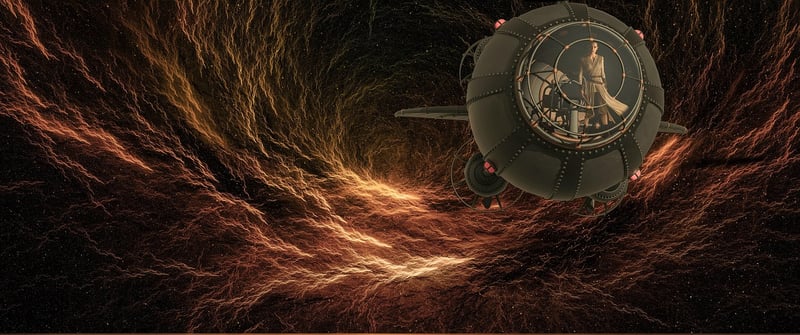Temporal Paradoxes
The Science Behind Time Travel and Temporal Paradoxes
Time travel has been a popular concept in science fiction for decades, but is it really possible according to the laws of physics? Let's delve into the fascinating world of time travel and explore the science behind it, as well as the concept of temporal paradoxes.
Is Time Travel Possible?
According to Einstein's theory of general relativity, time travel is theoretically possible. Time is considered the fourth dimension, and just as we can move in three-dimensional space, some theories suggest that we can also move along the time dimension.
Types of Time Travel
- Forward Time Travel: Traveling into the future is relatively more achievable. This can be accomplished through time dilation, a concept where time passes at different rates for objects in motion at different speeds.
- Backward Time Travel: Traveling back to the past is more complex and involves theories like wormholes and closed time-like curves.
Temporal Paradoxes
One of the most intriguing aspects of time travel is the potential for encountering temporal paradoxes, which are situations that challenge the logical consistency of time travel.
Examples of Temporal Paradoxes:
- Grandfather Paradox: A time traveler goes back in time and prevents their grandparents from meeting, thus preventing their own birth.
- Bootstrap Paradox: An object or information is sent back in time in an infinite loop with no origin.
While these paradoxes raise intriguing questions about the nature of time and causality, scientists are still exploring the theoretical possibilities and limitations of time travel.
For more information on time travel and temporal paradoxes, you can check out Space.com's article on time travel.

Time travel remains a captivating topic that continues to ignite the imagination of scientists, writers, and enthusiasts alike.
